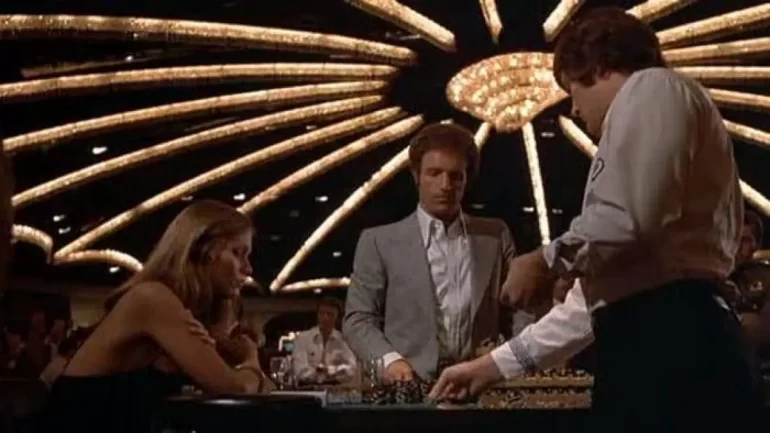The lure of lady luck can be hard to resist for many people. However what starts as casual entertainment can spiral out of control into a serious issue for some. Problem gambling is recognized as a behavioral addiction that can devastate people’s finances, relationships, career and more if left unchecked.
The National Council on Problem Gambling defines this condition as follows:
“Gambling disorder involves repeated problematic gambling behavior that causes significant problems or distress. It is also called gambling addiction or compulsive gambling.”
So how can you spot the signs that recreational gambling has crossed over into dangerous territory? This guide breaks down the key red flags to be aware of.
Key Signs You or a Loved One May Have a Gambling Problem
-
Losses and Habits that Are Lied About
One of the most common warning signs of a gambling problem is concealment. People with gambling disorders will often go to great lengths to hide losses and related behaviors from partners, family, friends and colleagues.
Common lies include claiming to have quit gambling when they are still doing so frequently, fabricating stories to explain missing money or time unaccounted for, and minimizing losses. This dishonesty is tied to shame and an effort to continue gambling unchecked.
-
Losses are Chased with Larger Bets
Trying to win back losses at Wild Fortune Casino by placing ever-increasing bets is known as “chasing.” This fruitless effort to recoup money lost is often driven by desperation.
The inability to stop chasing losses — even after huge setbacks — indicates diminished control and impulsive decision making symptomatic of addiction.
-
Financially Reliant on Others
As gambling losses mount so does financial desperation. Those caught in the throes of addiction will frequently resort to borrowing money from friends, family, banks and loan sharks.
Relying on others for bailouts when the rent or bills can’t be paid because money has been squandered gambling is a huge red flag. The need to panhandle or even steal to get gambling funds further shows loss of control.
-
Secretive and Isolating Behavior
Problem gamblers will often withdraw from family and friends to indulge their habit undisturbed. This isolation can take the form of frequent “business trips,” suddenly working late more often than not, and generally pulling away from previously enjoyable social interactions.
Secrecy about where they are going and evasiveness when asked is typical addict behavior aimed at minimizing interference with gambling activities.
-
Preoccupation and Obsession
An unhealthy preoccupation with gambling is a hallmark of addictive disorders. Compulsive gamblers may have frequent thoughts about betting or winning that make it difficult to focus on anything else.
Conversations with others will be dominated by gambling talk and tips. Spending inordinate amounts of time researching odds or possible bets online or watching gambling programming also signals an obsessive mental focus.
-
Failure to Fulfill Responsibilities
As gambling gradually assumes primacy in a problem gambler’s life, other key priorities like work, relationships and health often get neglected.
It’s common for those afflicted to start slipping up at work due to distractions or lack of preparation. They may also become emotionally withdrawn and unavailable to partners. Appointments get missed and self-care falls by the wayside because gambling becomes all-consuming.
Statistical Look at Problem Gambling in the United States
| Type of Metric | Measurement/Data | Year Reported |
| Past-year gambling disorder prevalence | 0.7% | 2019 |
| Number of people with gambling disorder | 1.2 million | 2019 |
| Average gambling debt | $55,000 | 2006 |
| Average cost to employers per affected employee | $9.5k | 2006 |
Sources: The National Council on Problem Gambling, NORC University of Chicago, Mayo Clinic Proceedings
Gambling Addiction Treatment
If several signs on the list resonate and gambling feels out of control, then it’s absolutely vital to seek professional help. Trained counselors and treatment programs can help those afflicted identify triggers, change thought patterns, manage finances and rebuild stability in their lives.
With the right therapeutic support, problem gambling can be overcome. It’s imperative to step out of isolation and secrecy to start the recovery journey. Help is available through organizations like Gamblers Anonymous or dedicated rehab centers focusing specifically on gambling disorders.
There are also state sponsored and national hotlines to call for assistance like:
The National Problem Gambling Helpline Network: Call 1-800-522-4700 or text 1-800-522-4700 for confidential help.
Don’t let denial or shame hold you back from getting support. Taking that first step is tough but can put you back in control.






